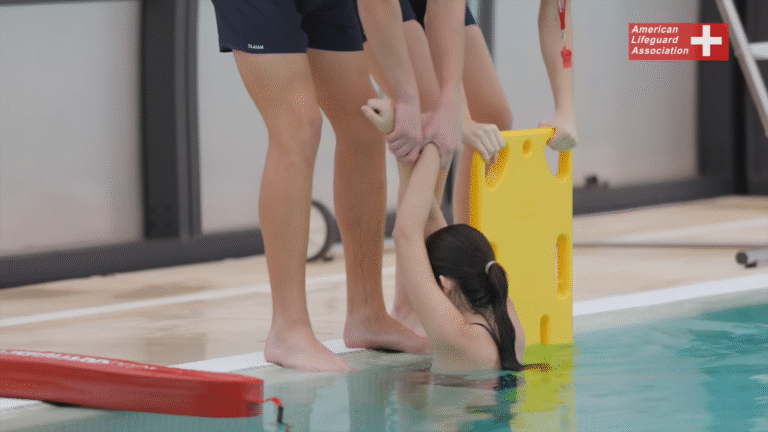
Accidents happen fast, and sometimes it’s hard to tell how serious an injury really is. If you’ve recently suffered a hit to the face, been in a car accident, or fallen hard, you may be wondering if the pain in your jaw is just a bruise or something more serious. A broken jaw, also known as a mandibular fracture, is one of the most common facial injuries and one you should never ignore.
So how do you really know if your jaw is broken? The truth is, it’s not always obvious right away. That’s why it’s important to learn how to know if your jaw is broken and what signs signal that it’s time to seek help.
What Causes a Broken Jaw?
A broken jaw can result from various types of trauma. Some of the most common causes include:
-
Falls, especially among children or the elderly
-
Motor vehicle accidents
-
Sports injuries (football, basketball, boxing, etc.)
-
Physical assault
-
Work-related or industrial accidents
In some cases, dental problems like severe infections or bone loss can weaken the jaw over time, making it more vulnerable to injury.
Common Signs of a Broken Jaw
It’s not always easy to spot a jaw fracture, especially in the early stages when swelling and pain make it hard to tell what’s going on. However, here are the key signs dentists and oral surgeons look for:
1. Jaw Pain That Worsens with Movement
If opening or closing your mouth causes sharp or increasing pain, that’s a red flag. Pain that intensifies while chewing, talking, or yawning could mean a fracture or dislocation.
2. Swelling and Bruising Around the Jaw or Face
Facial swelling, especially on one side, and bruising along the jawline are common after trauma. If the area feels tender and puffy, it could be a sign of a break.
3. Misaligned or Crooked Jaw Appearance
One of the more noticeable symptoms is a change in the alignment of your face or jaw. You might notice your chin or bite feels “off,” or your teeth no longer line up the way they did before.
4. Difficulty Opening or Closing Your Mouth
Limited jaw movement is a major warning sign. If you can’t fully open or close your mouth without pain or if your jaw locks, it may be fractured or dislocated.
5. Loose, Broken, or Damaged Teeth
A broken jaw can cause teeth to shift, loosen, or fall out. If you’ve noticed sudden dental changes after facial trauma, seek immediate evaluation.
6. Numbness in the Chin or Lower Lip
This can happen if a nerve is affected by the fracture. If your chin or lower lip feels numb or tingling, even without visible bruising, it’s important to get checked.
7. Bleeding from the Mouth or Gums
Uncontrolled bleeding in the mouth may indicate internal injury, tooth damage, or a jaw fracture. Even if the bleeding stops, the underlying damage might still be present.
What to Do If You Think Your Jaw Is Broken
A broken jaw is a medical emergency. If you’re experiencing any of the symptoms above, take these steps immediately:
-
Avoid eating or chewing until a professional has examined your jaw
-
Apply a cold compress to reduce swelling
-
Keep your mouth closed and supported avoid talking or unnecessary movement
-
Go to the emergency room or a dental emergency clinic right away
Delaying care can make things worse. A jaw that heals improperly may lead to long-term pain, bite problems, or the need for surgery.
Diagnosing a Jaw Fracture
When you visit a dentist, emergency room, or oral surgeon, they’ll start with a physical exam followed by imaging. This may include:
-
X-rays of the jaw and teeth
-
CT scans to assess bone and tissue damage
-
Dental evaluations to check tooth alignment and nerve response
These tests help determine the location and severity of the fracture so the correct treatment can be planned.
Treatment Options for a Broken Jaw
Treatment depends on how serious the fracture is. Some common options include:
1. Jaw Immobilization
For minor fractures, doctors may wire the upper and lower teeth together to keep the jaw from moving while it heals. This may last 4 to 6 weeks.
2. Surgical Repair
Severe fractures may require surgery to realign and stabilize the jaw using plates, screws, or wires. This is usually done under general anesthesia.
3. Pain Management and Antibiotics
You may be prescribed medications to manage discomfort and prevent infection, especially if the fracture is open (bone exposed through skin or gum).
4. Dietary Changes
During recovery, most patients will need to follow a liquid or soft-food diet to avoid pressure on the jaw.
Healing and Aftercare
Full recovery from a broken jaw typically takes about six weeks, though this can vary. To help the healing process:
-
Follow all dietary guidelines strictly
-
Avoid any physical activity that could risk reinjury
-
Attend follow-up appointments
-
Follow all oral hygiene instructions carefully, especially if your mouth is wired shut
Recovery also includes monitoring for possible complications like infection, long-term numbness, or joint issues.
When to Seek Emergency Care
If you or someone else experiences any of the following, seek emergency help right away:
-
Severe jaw or facial pain
-
Trouble breathing or swallowing
-
Heavy or uncontrolled bleeding from the mouth
-
A visibly displaced jaw
-
Loss of consciousness from a head or facial injury
These symptoms could signal a serious medical emergency that requires immediate attention.
Final Thoughts
Not all jaw injuries are obvious at first, but waiting to see if it “gets better on its own” can lead to lasting damage. Knowing the signs of a broken jaw and acting quickly is the best way to protect your health and prevent complications.
If you’ve recently had facial trauma and feel pain, notice swelling, or can’t move your jaw properly, don’t take chances. Contact a dental or medical professional right away to get the help you need.




